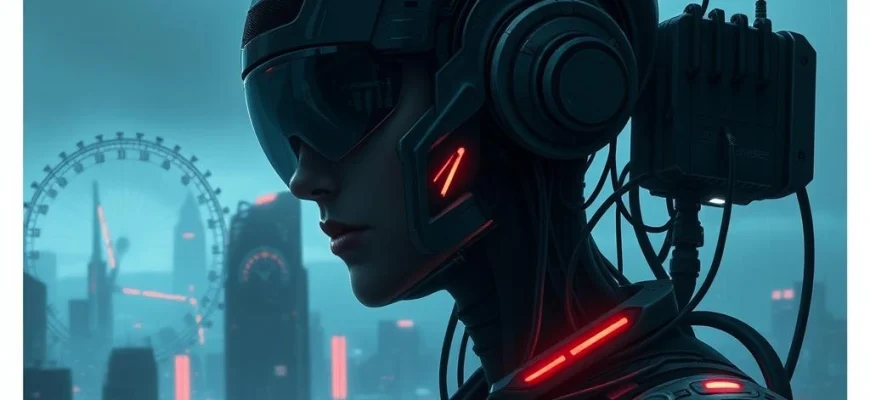If you were captivated by the dark, cyberpunk world of 'Wetware' (2018), you're in for a treat. This article explores 10 movies and shows that share its themes of bioengineering, dystopian futures, and moral dilemmas. Whether you loved its gritty atmosphere or thought-provoking narrative, these recommendations will keep you hooked.
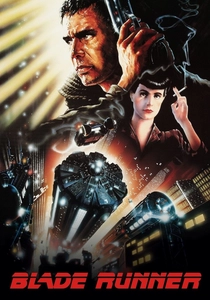
Blade Runner (1982)
Description: Explores themes of artificial intelligence, human identity, and the blurred lines between man and machine, set in a dystopian future with a noir aesthetic.
Fact: The film's iconic 'tears in rain' monologue was partially improvised by Rutger Hauer. It initially received mixed reviews but later became a cult classic.
 Watch Now
Watch Now 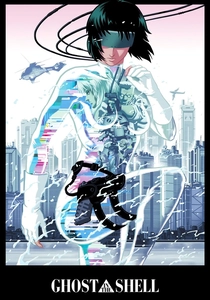
Ghost in the Shell (1995)
Description: Delves into cybernetic enhancements, consciousness, and the nature of the soul, featuring a visually striking cyberpunk world.
Fact: The film heavily influenced 'The Matrix' and other sci-fi works. Its animation was groundbreaking for its time, blending traditional and computer-generated techniques.
 Watch Now
Watch Now 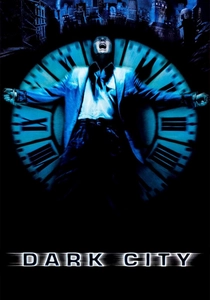
Dark City (1998)
Description: A visually stunning neo-noir sci-fi that questions reality, memory, and human nature, with a mysterious, ever-changing cityscape.
Fact: The film was rushed to theaters before 'Titanic', causing it to be overlooked. Director's Cut removed the opening narration that some felt gave away too much.
 Watch Now
Watch Now 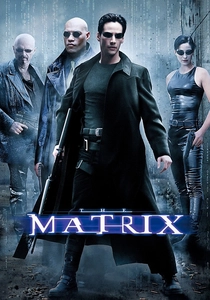
The Matrix (1999)
Description: A high-octane exploration of simulated reality, free will, and human resistance against machine overlords, with a distinct cyberpunk visual style.
Fact: The 'bullet time' effect revolutionized action cinematography. The film's philosophy draws from Jean Baudrillard's 'Simulacra and Simulation'.
 Watch Now
Watch Now 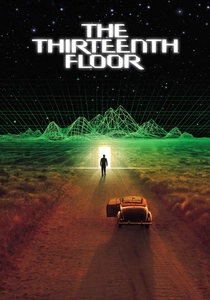
The Thirteenth Floor (1999)
Description: A mind-bending exploration of simulated realities and identity, featuring a noir-inspired mystery within a virtual world.
Fact: The film was overshadowed by 'The Matrix' released the same year. It's based on the 1964 novel 'Simulacron-3' by Daniel F. Galouye.
 Watch Now
Watch Now 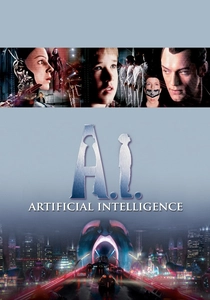
A.I. Artificial Intelligence (2001)
Description: A poignant examination of artificial consciousness, love, and what it means to be human, set in a future where robots seek emotional fulfillment.
Fact: Originally a Stanley Kubrick project, later directed by Steven Spielberg. The film's ending was highly debated for its emotional ambiguity.
 Watch Now
Watch Now 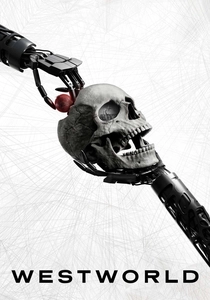
Westworld (2016)
Description: A complex narrative about artificial consciousness, free will, and the ethics of creation, set in a high-tech amusement park.
Fact: The show's opening title sequence changes subtly each episode to reflect themes. It's based on Michael Crichton's 1973 film of the same name.
 Watch Now
Watch Now 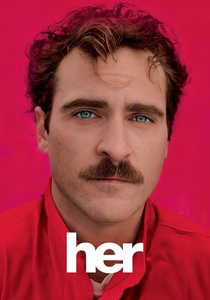
Her (2013)
Description: A tender, near-future story about human-AI relationships and the nature of love, with a focus on emotional rather than physical connections.
Fact: The film's OS voices were recorded before filming to help actors react authentically. It won the Oscar for Best Original Screenplay.
 Watch Now
Watch Now 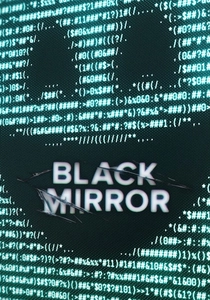
Black Mirror (2011)
Description: An anthology series that explores dark, near-future scenarios involving technology's impact on society and human relationships.
Fact: The show's title refers to the dark reflection seen in blank screens of turned-off devices. Each episode functions as a standalone story with different casts.
 Watch Now
Watch Now 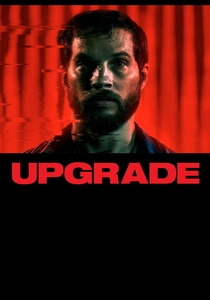
Upgrade (2018)
Description: A gritty, tech-noir thriller about human-machine integration, revenge, and loss of bodily autonomy, featuring brutal, inventive action sequences.
Fact: The film's unique 'camera follows the character' fight scenes were achieved with clever rigging and editing. Made on a modest $3-5 million budget.
 Watch Now
Watch Now 
